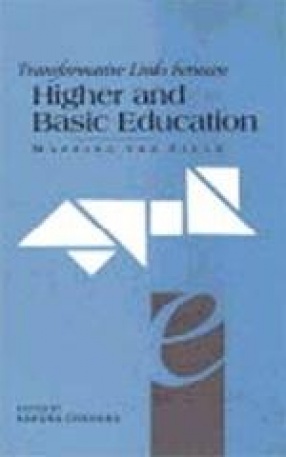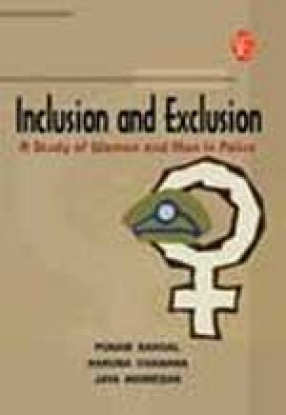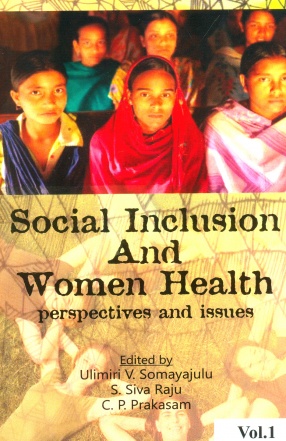There is a deep gulf between institutions of higher education and basic education in India, fostered to a large extent by a skewed education policy. This gap has been exacerbated by the recent trends of globalization, liberalization and privatization wherein education, and especially the university system, is viewed primarily in utilitarian terms and as a means of ensuring measurable material gains for the state. In this scenario the ways in which the very foundation of the educational system, i.e., basic education, can be strengthened, becomes a vital issue. The contributors to this important volume start from the premise that universities have a social obligation and that extension programmes are a way of fulfilling them. In this context, they explore various important and fundamental issues, such as: The role of Higher Educational Institutions (HEIs) in fulfilling the larger goals of society. The possibilities of firmly linking HEIs with grassroots efforts at promoting and spreading basic education. The nature of these linkages, a also the ongoing efforts to forge such transformative links. The contributors map the diverse efforts made in these directions at the theoretical and policy levels as well as the field level. They set out the empirical contours of the grassroots work which establishes the interface of universities with societies. In doing so the volume spells out the different dimensions of and kinds of linkages between higher and basic education. Bringing together scholars and activists from diverse fields, it shows that basic education is taking place in different settings and locations despite formidable obstacles. Combining scholarly insights and first hand examples of good practice, this volume will be indispensable for scholars and teachers involved with education, social work and teacher education as well as for NGOs and policy makers.
Interrogating Women’s Education : Bounded Visions, Expanding Horizons
This book consists of nine ...
$29.45
$31.00







There are no reviews yet.